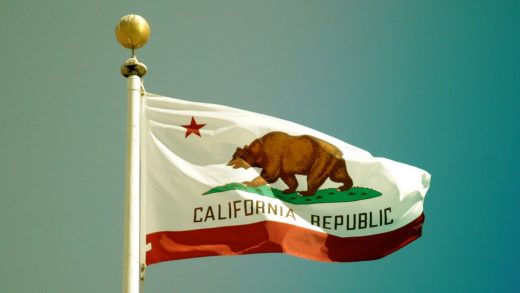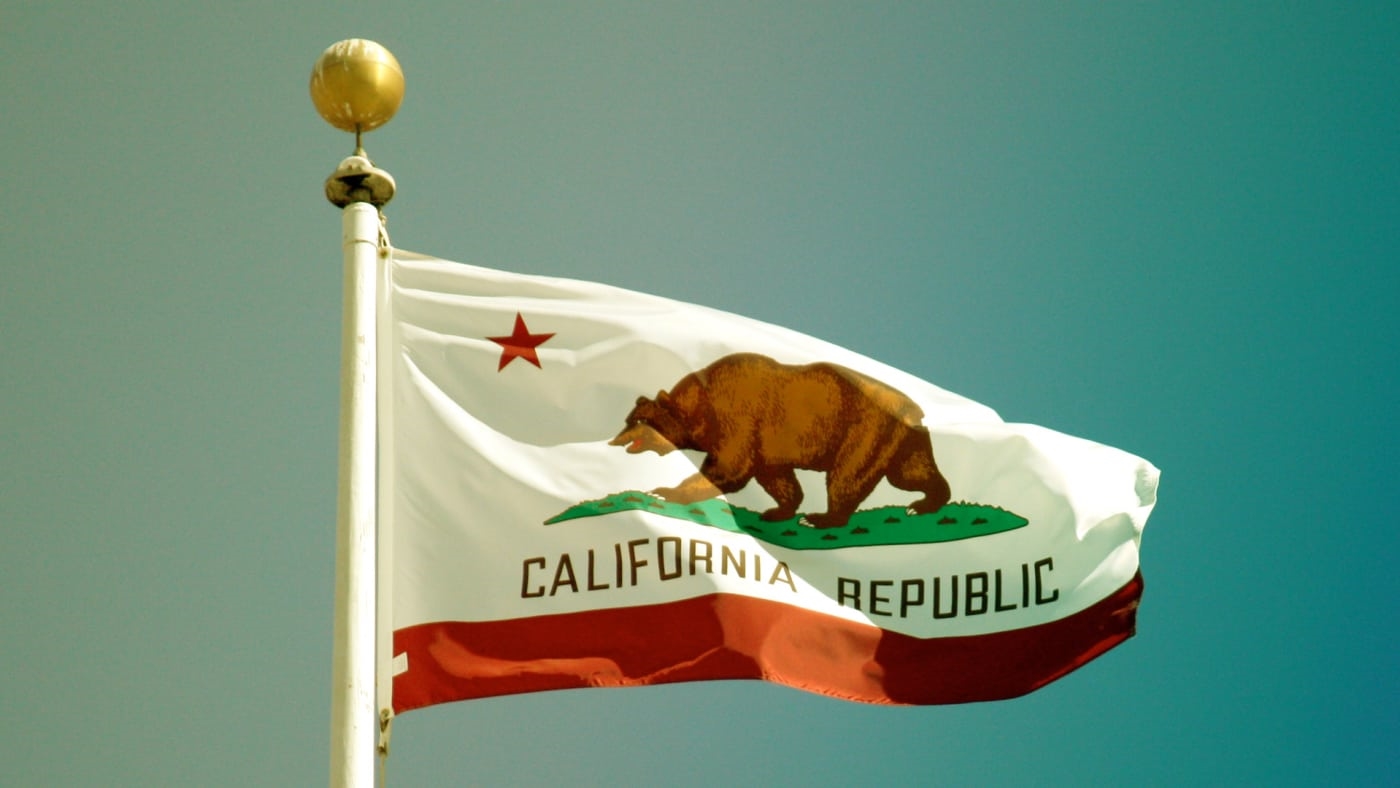California’s monster net neutrality bill just survived its dicey first hearing
By Sean Captain
April 17, 2018
California is not the first state to consider a law that would pick up the net neutrality protections recently dropped by the FCC. Washington and Oregon have new laws, for instance. But California is a much bigger state, with a much bigger bill to match.
That complexity came out today in the first hearing on the bill, SB 822, which was introduced by San Francisco state senator Scott Wiener. The bill ultimately passed the Senate Energy, Utilities and Communications Commission.
Here’s why matters are so complicated in Sacramento:
Other states already uphold the holy trinity of net neutrality: no blocking content, no slowing down content, and no “paid prioritization”—charging content providers extra for better delivery. But Wiener’s bill also goes upstream to where content like YouTube video enters an ISP’s network of an ISP.
In 2014, several major ISPs constricted Netflix access, hurting their customers’ ability to stream and ultimately forcing Netflix to pay an extra fee for freight. ISPs say they deserve compensation for carrying all these streams. Activists say ISPs are already making plenty of money.
Wiener’s bill takes a confusingly nuanced approach, allowing the state to examine, on a case-by-case basis, whether a cost-sharing deal limits consumer choice.
Wiener also takes on “zero-rating” programs like T-Mobile’s Binge On. Those programs exempt some content—say, Hulu videos—from a user’s monthly data cap. But nothing is really free: The content provider generally has to pick up the tab for this bandwidth. That sounds a bit like paid prioritization, which giants like Netflix or YouTube are more likely to afford than newer, innovative, but cash-strapped startups.
Wiener says that zero rating has to be equally accessible to all content providers, so ISPs likely can’t make money by charging content providers to take part.
(24)



